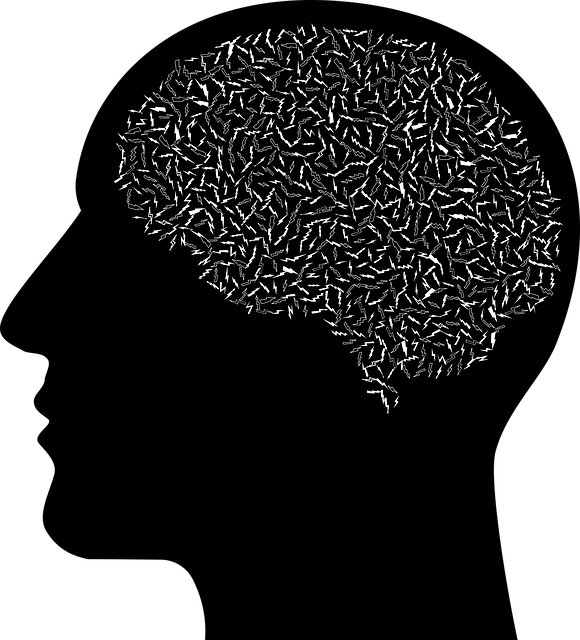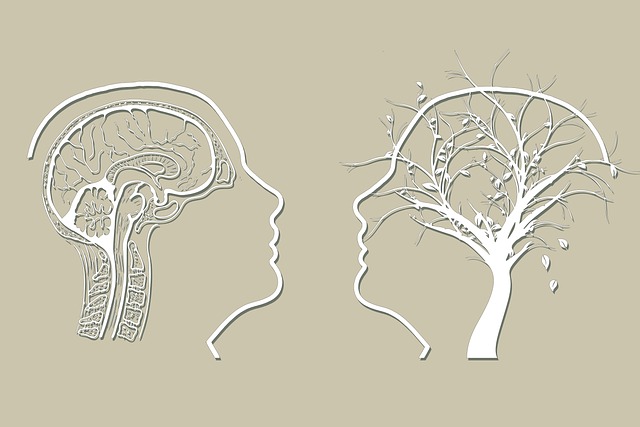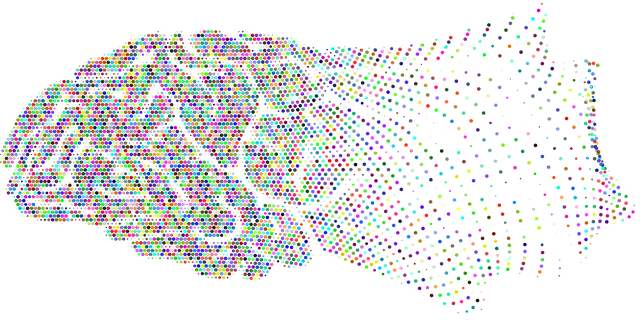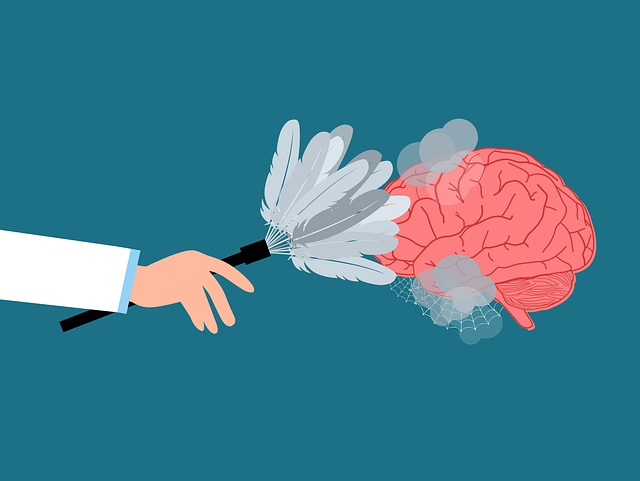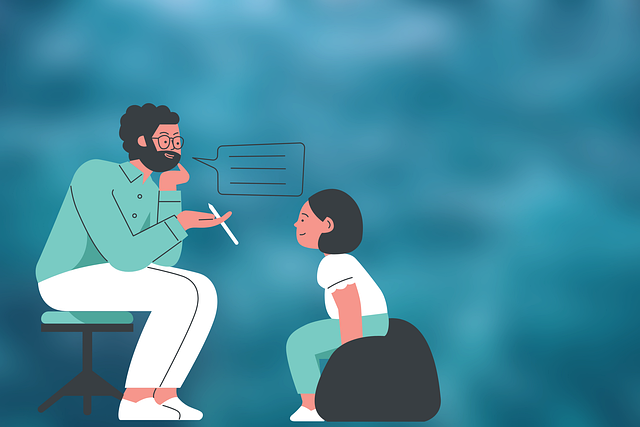Arvada Adolescent and Teen Therapy offers specialized group facilitation as a powerful tool for addressing mental health challenges in teens, creating safe spaces for connection and emotional expression. Facilitators employ structured activities, guided discussions, and experiential exercises to enhance coping skills, peer mentorship, and confidence. Through active listening, interactive learning, mindfulness meditation, and early risk identification, the therapy equips youth with lifelong coping skills and supports their mental wellness journey in a supportive, inclusive environment.
Mental wellness group facilitation plays a pivotal role in adolescent therapy, offering a supportive environment for teens to connect, learn, and grow. This article explores effective techniques tailored for Arvada’s adolescent and teen therapy settings. We delve into understanding the unique dynamics of group facilitation, mastering communication strategies to engage teens actively, and creating inclusive spaces that foster healing. By implementing these practices, therapists can significantly enhance the therapeutic experience, nurturing mental wellness among young individuals.
- Understanding the Role of Group Facilitation in Adolescent Therapy
- Effective Communication and Engagement Strategies for Teens
- Creating a Supportive and Inclusive Environment: Techniques for Group Success
Understanding the Role of Group Facilitation in Adolescent Therapy

Group facilitation plays a pivotal role in adolescent therapy, offering a unique and powerful approach to addressing mental health concerns among young individuals. In Arvada Adolescent and Teen Therapy, facilitators create a safe and supportive environment where teens can connect with peers facing similar challenges, fostering a sense of belonging. This dynamic setting encourages open dialogue, promotes emotional expression, and enhances coping skills—all essential components for navigating the complexities of adolescence.
Through effective group facilitation techniques, therapists not only provide direct support but also enable participants to develop peer mentorship skills, boost confidence, and master emotional well-being promotion techniques. The process involves structured activities, guided discussions, and experiential exercises tailored to address specific mental health issues, including anxiety, depression, and low self-esteem. By integrating Mental Health Policy Analysis and Advocacy into group sessions, facilitators can also empower adolescents to become advocates for their own mental health, shaping a more inclusive and supportive societal landscape.
Effective Communication and Engagement Strategies for Teens

In facilitating mental wellness groups for teens, effective communication and engagement strategies are key to creating a safe and supportive environment. At Arvada Adolescent and Teen Therapy, professionals emphasize active listening, ensuring that each teen’s unique experiences and perspectives are validated. This not only fosters trust but also encourages open dialogue, allowing facilitators to tailor discussions to address specific needs. Interactive activities, like group discussions, role-playing, and even games, break the ice and make sessions engaging. These strategies not only enhance participation but also promote active learning, making it easier for teens to grasp concepts and develop essential coping skills.
Mindfulness Meditation is increasingly integrated into these sessions to help teenagers manage stress and anxiety. By teaching them to focus on the present moment, this technique empowers teens with tools to navigate emotional challenges. Additionally, regular practice of Mindfulness Meditation can contribute to overall mental wellness, as supported by evidence-based research. Furthermore, a comprehensive Risk Assessment for Mental Health Professionals helps identify at-risk individuals early, enabling facilitators to tailor interventions and support systems accordingly. Through these strategies, teen therapy groups in Arvada aim to not only improve mental health but also equip young people with lifelong coping skills for better well-being.
Creating a Supportive and Inclusive Environment: Techniques for Group Success

Creating a supportive and inclusive environment is paramount when facilitating mental wellness groups, especially for adolescents and teens navigating complex emotions. At Arvada Adolescent and Teen Therapy, facilitators employ various techniques to foster a safe space where every individual feels valued and heard. This begins with establishing clear boundaries and ground rules, ensuring all members understand their rights and responsibilities within the group. Encouraging active participation through open discussions and interactive activities promotes a sense of belonging, allowing individuals to build social connections and develop essential coping strategies together.
Additionally, incorporating creative outlets like art therapy or music sessions can cater to different learning styles and preferences, enhancing engagement. Facilitators also incorporate stress reduction methods and risk management planning tailored to the group’s needs, providing practical tools for managing emotional challenges. By creating an inclusive atmosphere that promotes social skills training, these techniques contribute to positive group dynamics, ultimately supporting each member’s mental wellness journey.
Group facilitation plays a pivotal role in enhancing mental wellness among adolescents, as seen in Arvada Adolescent and Teen Therapy. By employing effective communication strategies, creating inclusive environments, and understanding the unique dynamics of teen groups, therapists can foster profound therapeutic experiences. These techniques not only support individual growth but also promote a sense of community, empowering teens to navigate their challenges with increased resilience and self-awareness.
